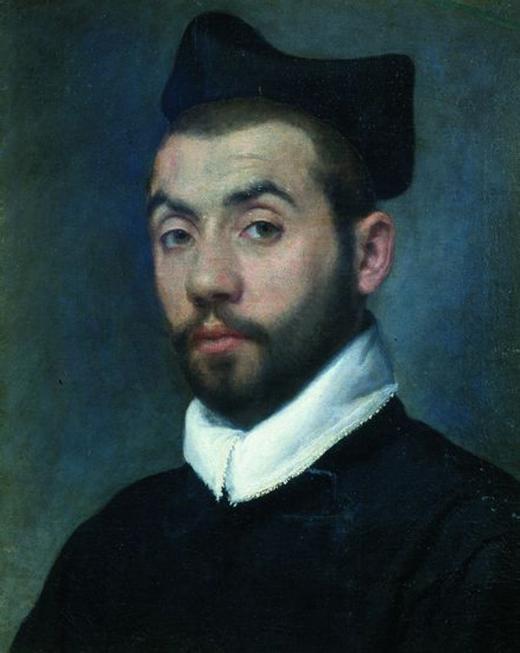On Living
By Nazim Hikmet
Translated by Randy Blasing and Mutlu Konuk
I
Living is no laughing matter:
you must live with great seriousness
like a squirrel, for example—
I mean without looking for something beyond and above living,
I mean living must be your whole occupation.
Living is no laughing matter:
you must take it seriously,
so much so and to such a degree
that, for example, your hands tied behind your back,
your back to the wall,
or else in a laboratory
in your white coat and safety glasses,
you can die for people—
even for people whose faces you've never seen,
even though you know living
is the most real, the most beautiful thing.
I mean, you must take living so seriously
that even at seventy, for example, you'll plant olive trees—
and not for your children, either,
but because although you fear death you don't believe it,
because living, I mean, weighs heavier.
II
Let's say we're seriously ill, need surgery—
which is to say we might not get up
from the white table.
Even though it's impossible not to feel sad
about going a little too soon,
we'll still laugh at the jokes being told,
we'll look out the window to see if it's raining,
or still wait anxiously
for the latest newscast. . .
Let's say we're at the front—
for something worth fighting for, say.
There, in the first offensive, on that very day,
we might fall on our face, dead.
We'll know this with a curious anger,
but we'll still worry ourselves to death
about the outcome of the war, which could last years.
Let's say we're in prison
and close to fifty,
and we have eighteen more years, say,
before the iron doors will open.
We'll still live with the outside,
with its people and animals, struggle and wind—
I mean with the outside beyond the walls.
I mean, however and wherever we are,
we must live as if we will never die.
III
This earth will grow cold,
a star among stars
and one of the smallest,
a gilded mote on blue velvet—
I mean this, our great earth.
This earth will grow cold one day,
not like a block of ice
or a dead cloud even
but like an empty walnut it will roll along
in pitch-black space . . .
You must grieve for this right now
—you have to feel this sorrow now—
for the world must be loved this much
if you're going to say "I lived". . .
I wanted to post this poem yesterday, as April 22 is celebrated as Earth day.
NAZIM HIKMET was the greatest Turkish poet of twentieth century. Like Whitman, Hikmet speaks of himself, his country, and the world in the same breath. At once personal and public, his poetry records his life without reducing it to self-consciousness; he affirms reality of facts at the same time that he insists in the validity of his feelings. His human presence - playful, optimistic, and capable of childlike joy- keeps his poems open, public, and committed to social and artistic change. And in the perfect oneness of his life and art, Hikmet emerges as a heroic figure in World Poetry.
The above poem, divided in three parts, explores the value of living. It is undeniably an inspiring and a clarion call to urgency, hope, and love. A great poet feels the pulse of everything in this universe, even the cry of an earthworm. These final lines from the poem in three sections, with the emphatic “You must grieve for this right now” are as forceful as a commandment. Only by embracing mortality “right now”, by understanding and feeling life’s negation, can we live fully. Loving life to the point of grieving for its loss is inseparable from truly living – the half-rhyme of “loved” and “lived” in this translation underscores this.









